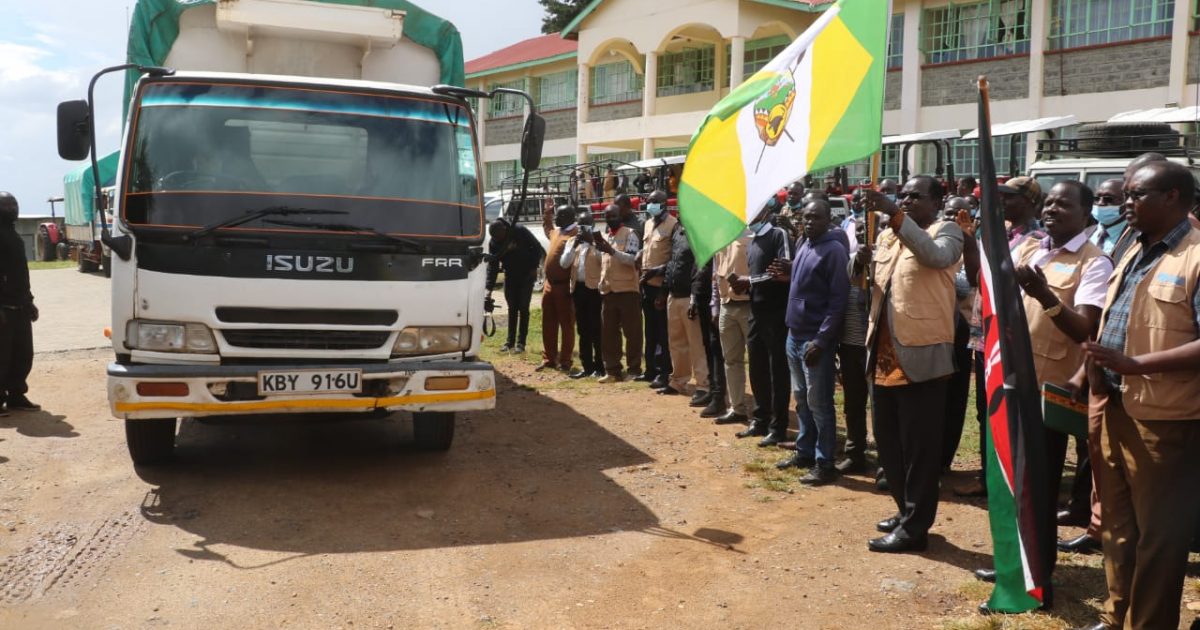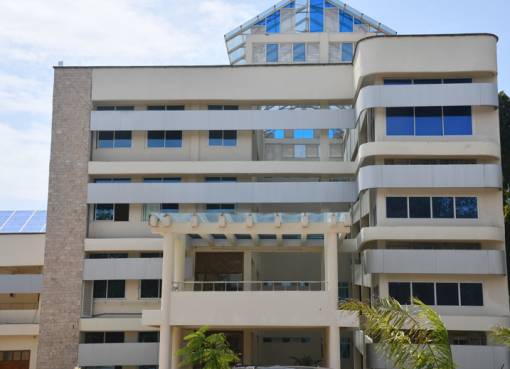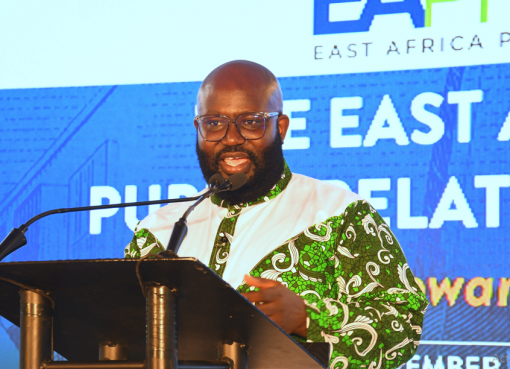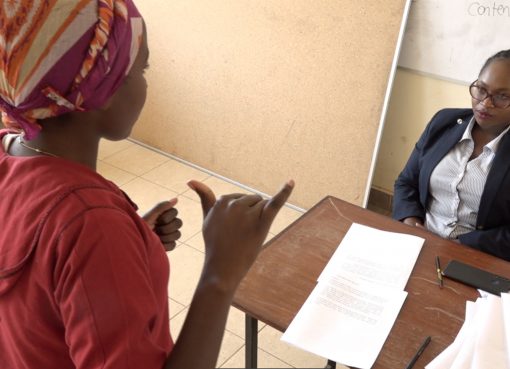The County Government of West Pokot in collaboration with the Food and Agriculture Organization has commenced free distribution of 4000 bags of livestock feeds worth Sh7.2 million to 1200 drought stricken households in West Pokot County.
The County Governor Prof John Lonyangapuo, when he flagged off truckloads of livestock feeds to the hardest hit Pokot Central and Pokot North sub counties, said the livestock feeds will help to mitigate the effects of drought that has made residents migrate in search of pasture during the current dry season.
Lonyangapuo said the donation is meant for livestock herders who have experienced the worst effects of drought including deaths of hundreds of their livestock due to lack of pasture and water.
He said through partnership with FAO and other development partners, they have also been able to treat 64,590 goats, 13,526 sheep, and 6,111 goats from 6,469 households in Pokot North and Pokot Central sub-counties.
At the same time, they have also purchased veterinary drugs and equipment worth Sh1.5 million which have been used in livestock vaccination exercise across the county.
Lonyangapuo further said livestock department personnel have been involved in community mobilization, beneficiary selection, verification of beneficiaries and training of livestock keepers on safe storage and use of the livestock feeds donated by FAO in coordination with the county government.
The livestock feeds are fortified with protein, carbohydrates, vitamins, and minerals, added the governor.
West Pokot County has this year recorded poor rainfall in Pokot North and Pokot Central, where many households are currently grappling with food and water scarcity for both people and their animals.
”The prevailing drought is very devastating and something needs to be done urgently in order to mitigate the situation,” reiterated the governor.
Prof Lonyangapuo thanked FAO and other development partners for their generous support saying his administration will continue to create an enabling environment for investments and partnerships for the benefit of its residents.
By Anthony Melly and Robert Kiprop





